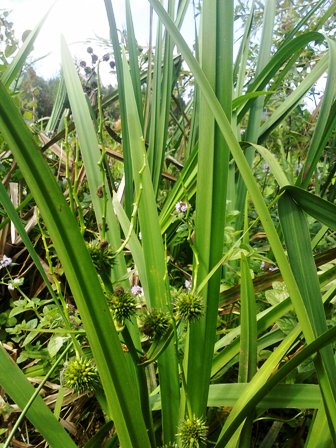
"Of Baranduin Brandywine seemed a natural corruption in modern times. Actually the older hobbit-name was Branda-nîn 'border-water',(...) but by a jest that had become habitual, referring again to its colour, at this time the river was usually called Bralda-hîm 'heady ale'." J.R.R. Tolkien. The Lord of the Rings. Appendix F, Note on Brandywine.
Evolving concepts
When we have to name new objects we borrow concepts from already-known items. Metaphor is the figure of speech applied. It is easier to explain with new technologies. The Internet for instance. The Web itself is a concept brought from nature as it visually reminds ourselves of an abstract image of a network. We surf the web because the amount of information is so huge that it is like sailing in a vast ocean. Also, when surfing you are only on the surface. A synecdoche, pars pro toto, emphasizes the huge amount of information available related to what we actually access: we think of the ocean not only as a flat sea but as a whole mass with its plunging depths.
A similar approach can be applied to explain some types of plants. The way we give names in reality comes from previous concepts: so for the Sparganium erectum we have both Portuguese espadana and Welsh cleddyflys with a lexeme meaning 'sword'. Another point is why do we highlight and how do we select different proprieties of a given object. Portuguese (so does the scientific name) focuses on the leaf, Welsh adds its fruit to the metaphoric shape-description. More prosaic English bur-reed buries its poetic roots and lets the bursting burr grow up until it distinguishes the wind-shaken spear plant! I very much like the German name Ästiger Igelkolben where I understand a homage is given to a voracious hedgehog!
This thorny mammal is another example of term-transfering by comparison as it has been metaphorically named after flora too: Portuguese ouriço cacho (Erinaceus europaeus) means literally 'a piece of burr'!
I?d better stop before I switch from smile to laughter thinking of Old Celtic for man (Homo sapiens) and a sapientior woman, both metamorphosed into an operosus donkey (Equus asinus) and a ludens magpie (Pica pica)! Semantics here would bring us to a new kingdom and... Romance!
|
